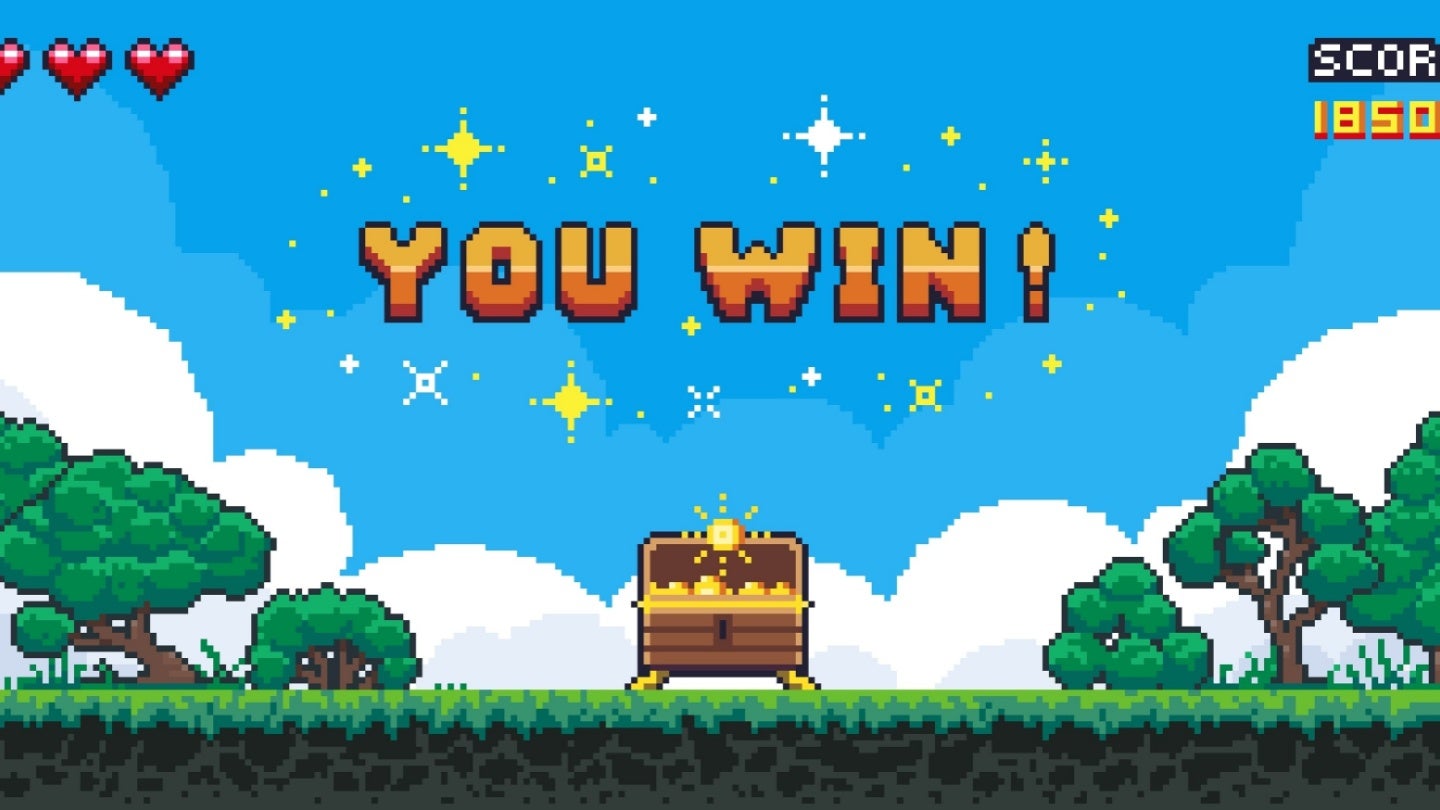For many, video gaming offers a tantalising and otherworldly kind of escapism.
Grand Theft Auto promises that players will most thrillingly “pull off daring cooperative Heists” or daringly “enter adrenaline-fueled Stunt Races”.
Red Dead Redemption 2 has players follow the gripping exploits of outlaw Arthur Morgan, inviting them to tackle the catastrophic decline of the Wild West, all the while battling government forces, rival gangs, and other such haunting adversaries. Halo Infinite, the most recent game in the long-running series, allows players to follow the human super soldier, inventively named Master Chief, and his fight against the mercenary organisation “The Banished.”
And what more could a gamer want—after their eyes have burned at the bitter mercy of Excel spreadsheets between those hardened hours of 9 and 5—than to indulge in pure fantasy and be enveloped by the kind of escapism only offered by shooting down foes, completing side-quests, and pulling off daring heists.
Video gaming – the fun in the familiar
But historically, video gamers want something a little closer to home. We have always loved the pleasure of the familiar.
The American Physics Society reports that the memorably named physicist William Higinbotham invented what is thought to be the first video game in 1958. There is debate around whether Higinbotham’s game can truly cinch this title, but more important to the matter is the nature of the game itself. It was simple. Realistic. A slice of the known, rather than unknown.
How well do you really know your competitors?
Access the most comprehensive Company Profiles on the market, powered by GlobalData. Save hours of research. Gain competitive edge.

Thank you!
Your download email will arrive shortly
Not ready to buy yet? Download a free sample
We are confident about the unique quality of our Company Profiles. However, we want you to make the most beneficial decision for your business, so we offer a free sample that you can download by submitting the below form
By GlobalDataHiginbotham’s game mimicked a tennis match and was called, quite adequately, Tennis for Two. While the game lasted two years, its mimicry of real life lives on.
Simulation station
EyeToy, a kind of precursor to the Xbox Kinect, launched in the early 2000s. Among numerous games that could be played on it was the humble Wishi Washi. Hours could be spent on Wishi Washi. But what exactly did it entail? Battling foes? Defeating enemy forces? Overthrowing an oppressive governmental system?
No, players of Wishi Washi had to move their bodies to clean a sequence of soapy windows. This had to be done while George Formby’s song ‘When I’m Cleaning Windows’ played fortuitously in the background, encouraging players to polish off that tiny bit they missed in the corner.
Tragically it is no longer 2003, and Wishi Washi seems not to have made it to 2024. Yet modern-day players need fear not, for games with a similar level of thrill have made it to the mainstream. If you loved cleaning windows in 2003, you’ll adore mowing the lawn in 2024.
Anti-escapism games
Forget watching Netflix’s 10 hours of crackling fireplace on your TV—get Lawn Mowing Simulator on your Nintendo Switch. If you don’t fancy that, there’s always Farming Simulator, PowerWash Simulator, or even Euro Truck Simulator, all encapsulating that unassuming spirit of Wishi Washi.
The Guardian reports that Farming Simulator has sold 25 million physical copies and has attracted 90 million downloads.
According to Celia Hodent, cognitive psychologist, such games are so attractive on account of the pleasure of accomplishing the ‘quest’, rather than the play itself. The ease of mowing the lawn via a screen allows players to enter something of a ‘zen’ state, with every strip of washed grass giving a sense of closure akin to completing a page in a therapeutic colouring book. Wishi Washi and Tennis for Two may be long gone, but they live on in such soothing simulations. Perhaps the era of anti-escapism is now.









Related Company Profiles
Netflix Inc